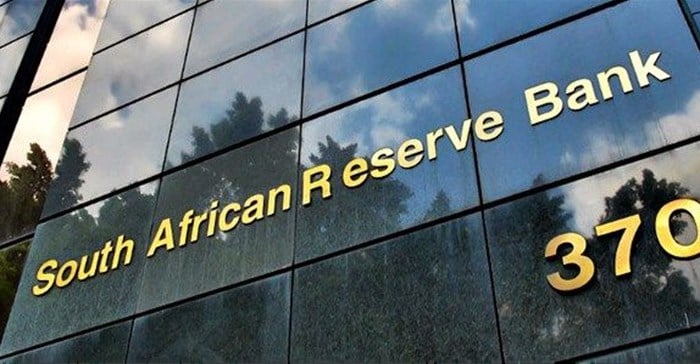
BER chief economist, Hugo Pienaar, is the only panellist forecasting a rate cut. He thinks the bank will decrease the rate by 25bps, but is in favour of a deeper 50bps cut. “With a benign inflation outlook, monetary policy has space to provide some moderate further stimulus to the economy at a time when fiscal policy is heavily constrained to do so."
Independent economist, Elize Kruger, is one economist who expects the bank to hold, but is in favour of a 25bps rate cut. “The SA economy is still bleeding amid the economic impact of the Covid-19 crisis, while consumer inflation remains well under control in the medium term forecast, thus a small window of opportunity has opened for further stimulation."
Stanlib economist, Ndivhuho Netshitenzhe, also called for a 25bps decrease, noting inflation remains under-control. “...That, along with the weak domestic economic environment that is expected to continue at least into early 2021 (as a result of increased lockdown measures), gives the SARB some room to be more expansionary in its monetary policy.
“Despite this, however, the Sarb is aware that although SA consumer inflation is still expected to remain comfortably below the midpoint of the inflation target over the next six months, base effects could push SA inflation somewhat higher in 2021, especially during the middle of 2021”.
However the majority of the panel (64%), including economist at RMB, Mpho Molopyane, think the bank should and will hold the rate. “The growth and inflation outlook has not significantly changed since the November 2019 meeting to warrant a change [to] interest rates. GDP is going to take a while to return to pre-Covid levels, with inflationary pressures relatively contained. This will enable the Sarb to keep monetary policy accommodative and the repo rate unchanged in contrast to the tightening bias projected by the QPM at the November 2019 MPC meeting,” she said.
Nearly three quarters (73%) of the panel don’t think the rate will increase this year. 47% say a hike will occur in the first half of 2022, 20% are forecasting an increase in the second half of 2022 and 7% in 2023.
IQbusiness chief economist, Sifiso Skenjana, is one panellist who thinks the rate will increase in the first half of next year due to inflation. “We are seeing early signs of tapering off on monetary easing / accommodative policy in some of the developed economies which may suggest that we may see higher levels of inflation in those economies by year end 2021.”
The panel is equally divided on whether the Sarb will be forced to buy more bonds (50%-50%).
BNP Paribas chief economist, Jeff Schultz, thinks the bank will be forced to buy more bonds in the short term, commenting it is only likely to do so in response to further deterioration in economic conditions or market dislocations. “…The Sarb is likely to keep as much powder dry as possible and assess the outlook for the economy and bond market first before making any preemptive purchases. Right now the bond market continues to function well, having recovered from the massive sell off seen in March/April last year. This should limit the Sarb’s willingness to aggressively re-enter its SAGB buying right now,” he said.
Twenty-two percent of the panel think the bank will be forced to buy more bonds in the short term, 14% in the medium term, 7% long term and 7% permanently.
Alexander Forbes chief economist, Isaah Mhlanga, thinks the bank will need to buy bonds over the long term, noting that bond buying programs will become mainstream in emerging markets. “Bond buying programmes were unconventional monetary policy tools in the advanced world a decade ago and they are now mainstream tools and no longer unconventional. Bond buying programmes are still unconventional in emerging markets like South Africa, however, over time, they will likely be mainstream tools along the path followed by advanced economies.”